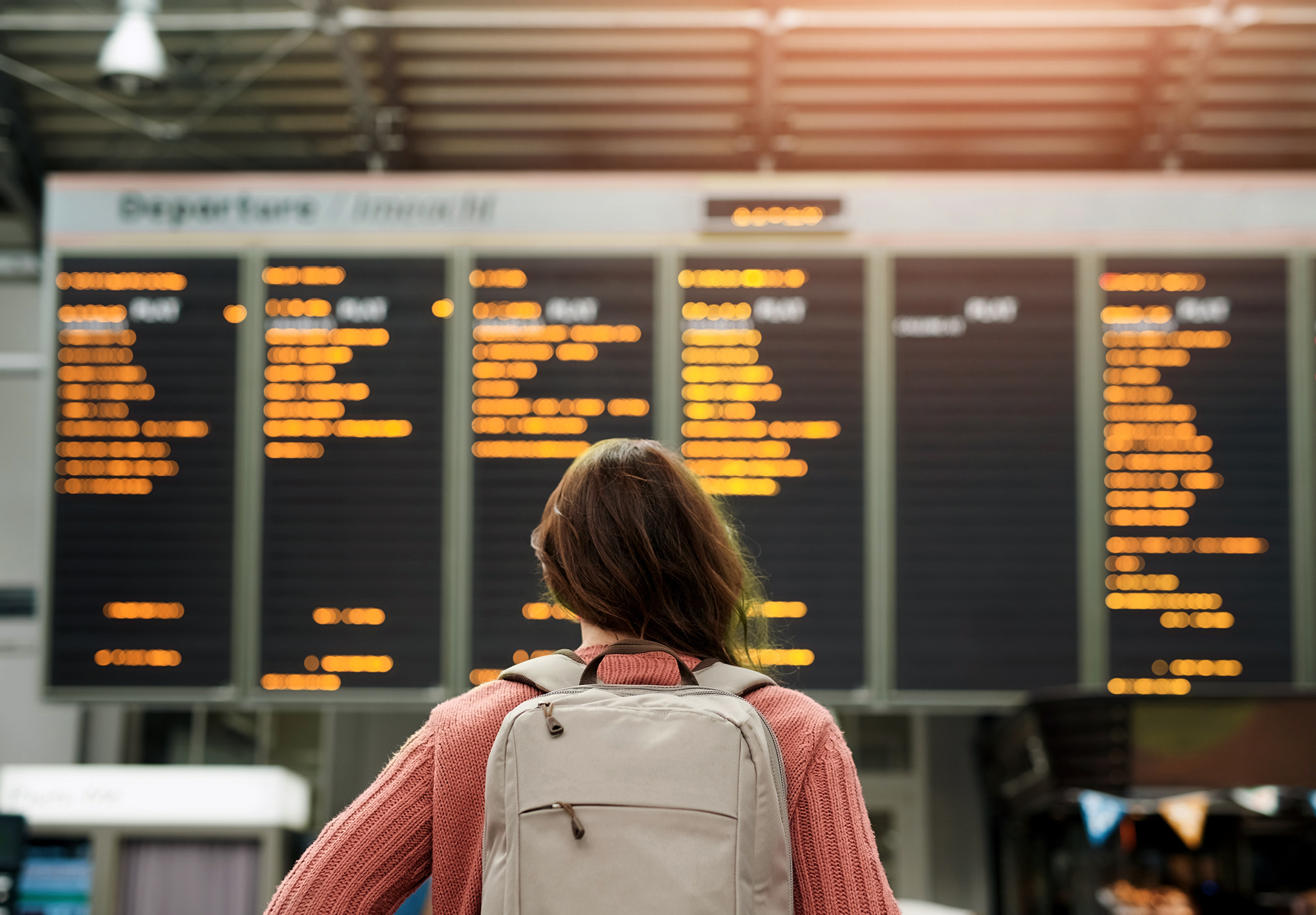Traveling internationally is an exciting experience, but booking flights at the right time can significantly impact your budget. Knowing when to book can help you secure the best deals and enjoy a stress-free planning process. Here’s a guide to finding the optimal time to book your international flights, with practical tips and insights.
How Far in Advance Should You Book?
The general rule of thumb for booking international flights is to secure your tickets 3-6 months in advance. Airlines typically release tickets about a year prior, and prices tend to be highest when they first become available. As the departure date approaches, prices can rise due to demand.
By Region:
- Europe: Book 120-160 days in advance for the best prices.
- Asia: Aim for 90-120 days before your travel date.
- South America: Booking 70-100 days in advance is ideal.
- Australia/New Zealand: Plan to book 120-180 days ahead.
Consider Seasonality and Peak Travel Times
Flight prices are highly influenced by the time of year you’re traveling. Understanding peak and off-peak seasons can save you hundreds of dollars.
- Peak Seasons: Prices are highest during summer (June to August), winter holidays (December to January), and spring breaks.
- Off-Peak Seasons: Late winter (January to March) and fall (September to November) generally offer lower prices.
If you must travel during peak seasons, book as early as possible to secure the best rates.
Best Days to Book Flights
- Tuesdays and Wednesdays: Airlines often release discounts on Monday nights, making midweek the best time to book.
- Avoid Weekends: Prices are typically higher on weekends when more people are browsing and booking.
Best Days to Fly
- Midweek Flights: Flying on Tuesdays, Wednesdays, or Thursdays is generally cheaper than traveling on weekends.
- Early Morning or Late Night: Off-peak hours often come with discounted fares.
Use Fare Prediction Tools and Alerts
Leverage technology to track and predict flight prices:
- Apps and Websites: Platforms like Google Flights, Skyscanner, and Hopper analyze trends and notify you of price drops.
- Set Price Alerts: These alerts ensure you’re informed about the best deals without constantly checking.
Flexibility Is Key
Being flexible with your travel dates and destinations can lead to significant savings:
- Alternate Airports: Consider nearby airports for potentially lower fares.
- Flexible Dates: Use search tools to explore prices across a range of dates.
Take Advantage of Sales and Deals
Keep an eye out for promotional periods:
- Airline Sales: Many airlines offer discounts during Black Friday, Cyber Monday, and Travel Tuesday.
- Seasonal Offers: Deals often coincide with holidays or annual promotional events.
Understand the 24-Hour Rule
Many airlines allow you to cancel or change your flight within 24 hours of booking without a fee. Use this window to monitor for any last-minute price drops or changes in your travel plans.
Avoid Booking Too Early or Too Late
- Too Early: Booking more than 10-12 months in advance can result in higher prices, as airlines have not yet adjusted fares based on demand.
- Too Late: Waiting until the last minute often means paying premium prices.
Final Tips for Savvy Travelers
- Loyalty Programs: Sign up for frequent flyer programs or airline newsletters for exclusive deals.
- Credit Card Rewards: Use travel credit cards to accumulate points or miles that can offset costs.
- Group Bookings: When traveling with a group, book tickets individually to find the best price for each seat.






